Filter by

Rohingya Year Book 2020
- Edition
- -
- ISBN/ISSN
- -
- Collation
- -
- Series Title
- -
- Call Number
- 3
- Edition
- -
- ISBN/ISSN
- -
- Collation
- -
- Series Title
- -
- Call Number
- 3

Fortification of the Muslim through Remembrance and Supplication from the Qur…
- Edition
- -
- ISBN/ISSN
- 9789960293790
- Collation
- -
- Series Title
- -
- Call Number
- 2
- Edition
- -
- ISBN/ISSN
- 9789960293790
- Collation
- -
- Series Title
- -
- Call Number
- 2
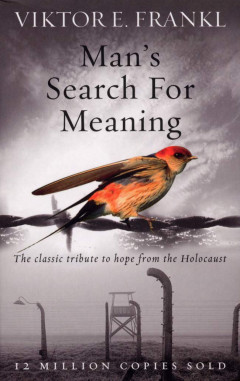
Man's Search for Meaning
Psychiatrist Viktor Frankl's memoir has riveted generations of readers with its descriptions of life in Nazi death camps and its lessons for spiritual survival. Based on his own experience and the stories of his patients, Frankl argues that we cannot avoid suffering but we can choose how to cope with it, find meaning in it, and move forward with renewed purpose. At the heart of his theory, know…
- Edition
- -
- ISBN/ISSN
- 9781846041242
- Collation
- -
- Series Title
- -
- Call Number
- 1
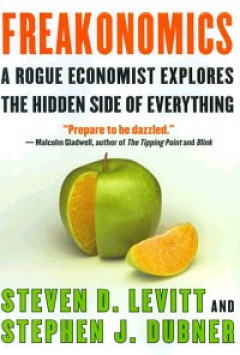
Freakonomics
In "Freakonomics," economist Steven D. Levitt challenges norms with intriguing questions. He explores various aspects of life using data and insights, showcasing how economics is about understanding incentives. Levitt delves into unconventional topics, from crime and cheating to real estate and the Ku Klux Klan. By offering a fresh perspective, the book uncovers hidden truths and presents a new…
- Edition
- -
- ISBN/ISSN
- 9780141019017
- Collation
- -
- Series Title
- -
- Call Number
- 3
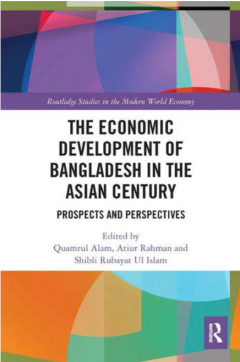
The Economic Development of Bangladesh in the Asian Century: Prospects and Pe…
This book explains the macro-drivers of growth behind the economic development of Bangladesh. Few countries in the developing world have shown as exciting a promise of economic prosperity as Bangladesh. The promising nature of the Bangladeshi economy raises interesting questions pertaining to whether good governance may lead to sustained economic growth. This book looks at the strategic interve…
- Edition
- -
- ISBN/ISSN
- 9780367541965
- Collation
- -
- Series Title
- -
- Call Number
- 3
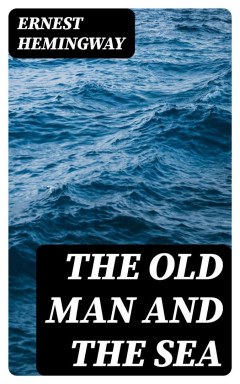
The Old Man And The Sea
This short novel, already a modern classic, is the superbly told, tragic story of a Cuban fisherman in the Gulf Stream and the giant Marlin he kills and loses—specifically referred to in the citation accompanying the author's Nobel Prize for literature in 1954.
- Edition
- -
- ISBN/ISSN
- 9780099908401
- Collation
- -
- Series Title
- -
- Call Number
- 8
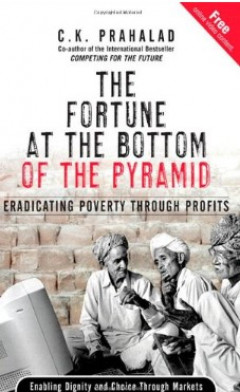
The fortune at the bottom of the Pyramid
Presents the theory that there are commercial opportunities in the poor nations of the world for private companies, and that companies can utilize this knowledge to make profits and at the same time fight poverty.
- Edition
- -
- ISBN/ISSN
- 9780131467507
- Collation
- -
- Series Title
- -
- Call Number
- 3
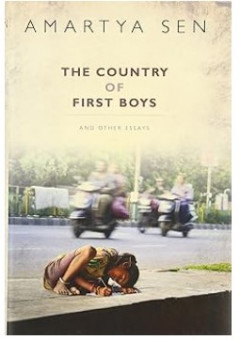
The country of First Boys
Sen's deeply informed and humane writing connects history, culture, literature, economics, and politics. Several of the essays are concerned particularly with India--its historical traditions and the issues it faces today; many--such as his address to the General Assembly of the United Nations in 2004--engage with global concerns. All are written with a passion and conviction, a gently persuasi…
- Edition
- -
- ISBN/ISSN
- 978-0198738183
- Collation
- -
- Series Title
- -
- Call Number
- 9
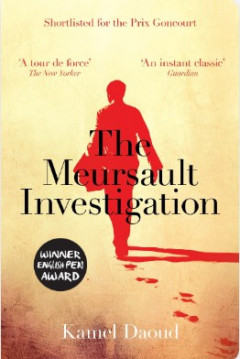
The Meursault Investigation
He was the brother of “the Arab” killed by the infamous Meursault, the antihero of Camus’s classic novel. Seventy years after that event, Harun, who has lived since childhood in the shadow of his sibling’s memory, refuses to let him remain anonymous: he gives his brother a story and a name—Musa—and describes the events that led to Musa’s casual murder on a dazzlingly sunny beach. …
- Edition
- -
- ISBN/ISSN
- 9781780748399
- Collation
- -
- Series Title
- -
- Call Number
- 8
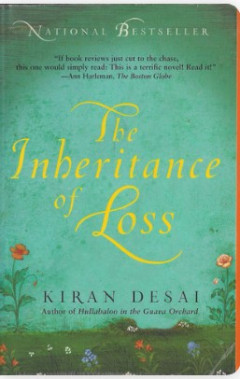
The Inheritance of Loss The Inheritance of Loss
In a crumbling, isolated house at the foot of Mount Kanchenjunga in the Himalayas lives an embittered judge who wants only to retire in peace, when his orphaned granddaughter, Sai, arrives on his doorstep. The judge’s cook watches over her distractedly, for his thoughts are often on his son, Biju, who is hopscotching from one gritty New York restaurant to another. Kiran Desai’s brilliant no…
- Edition
- -
- ISBN/ISSN
- 9780802142818
- Collation
- -
- Series Title
- -
- Call Number
- 8